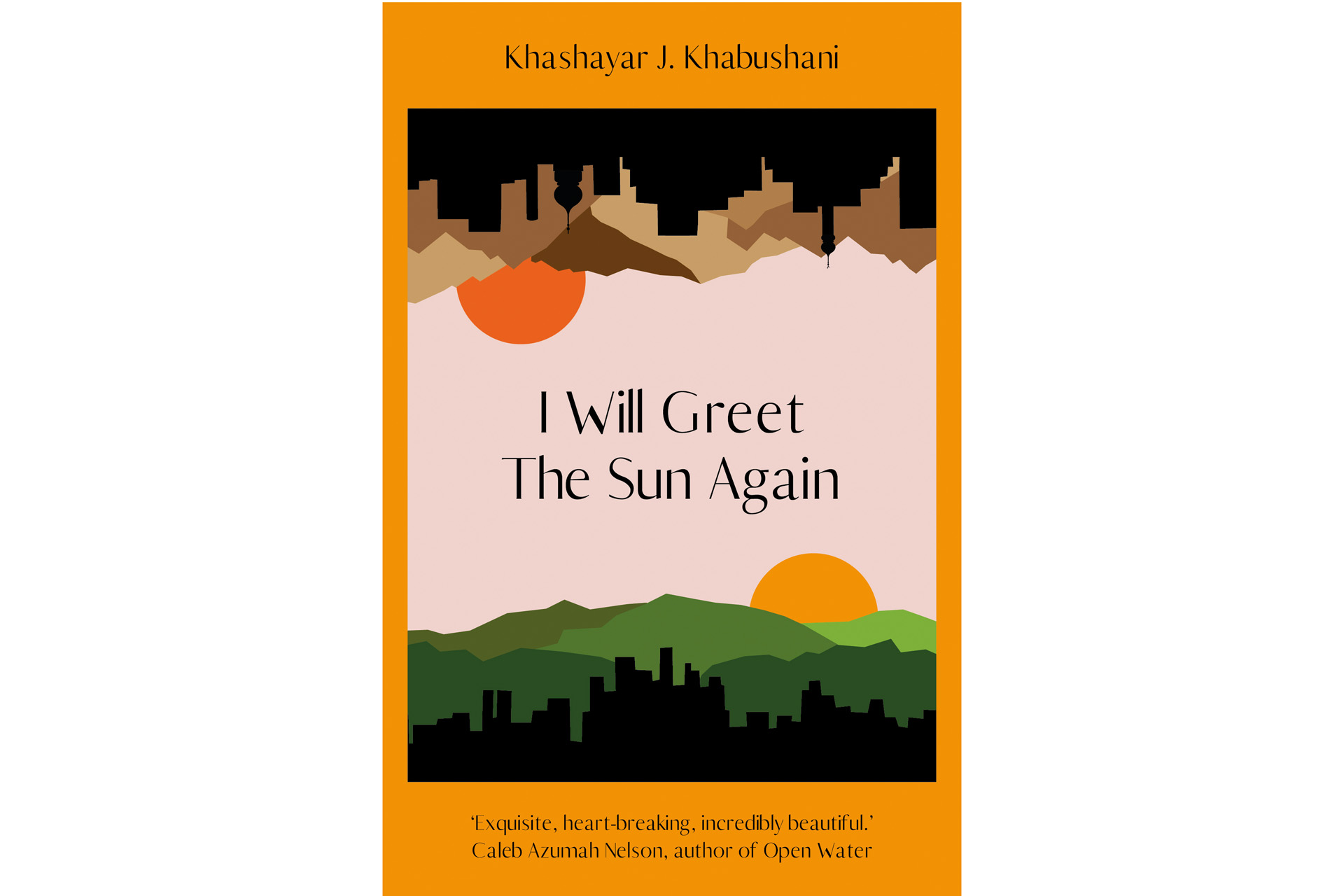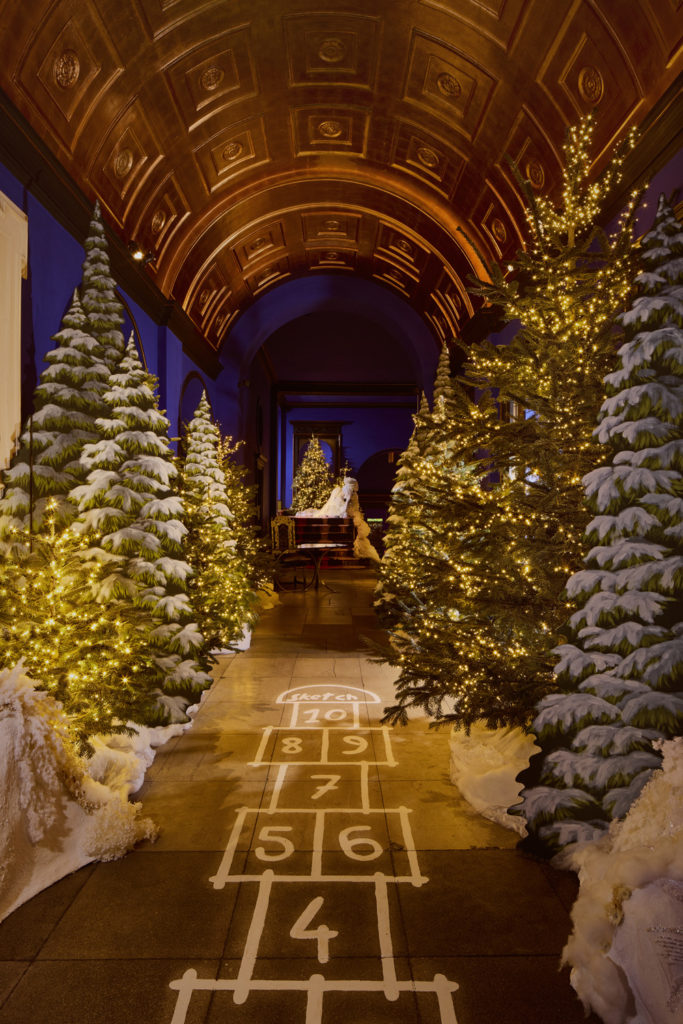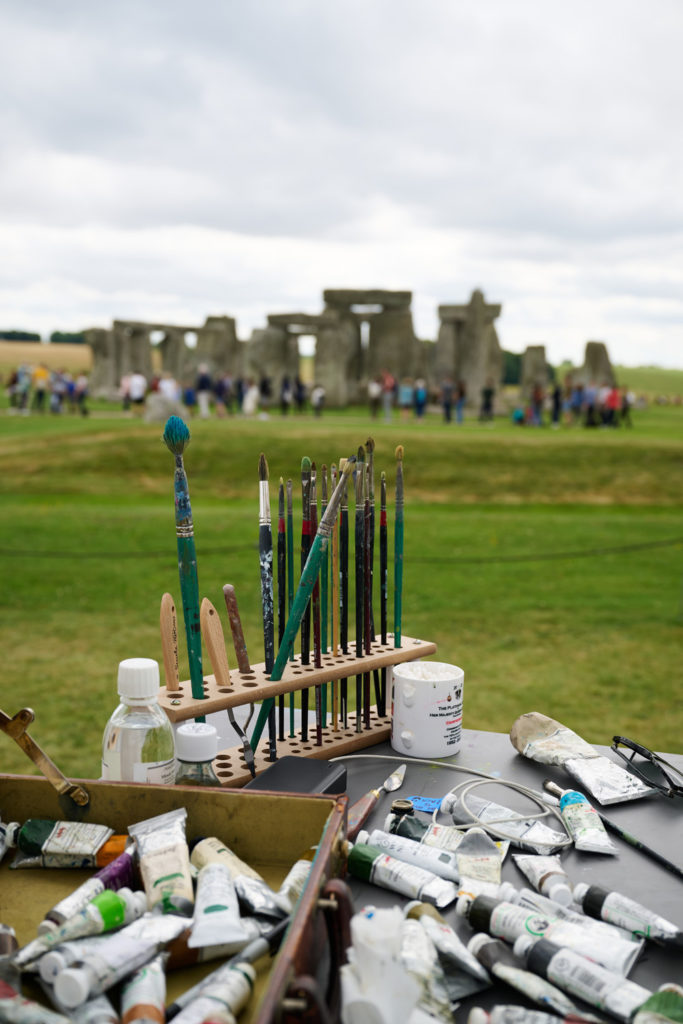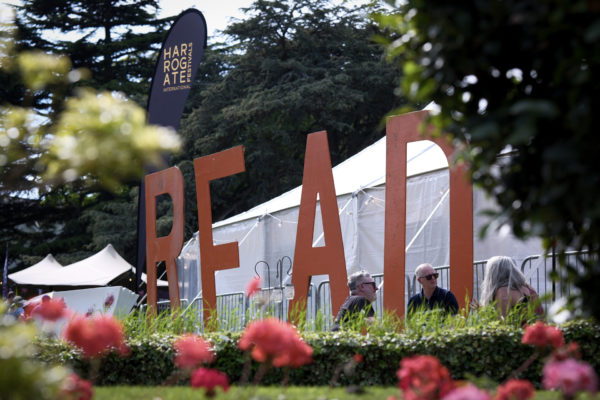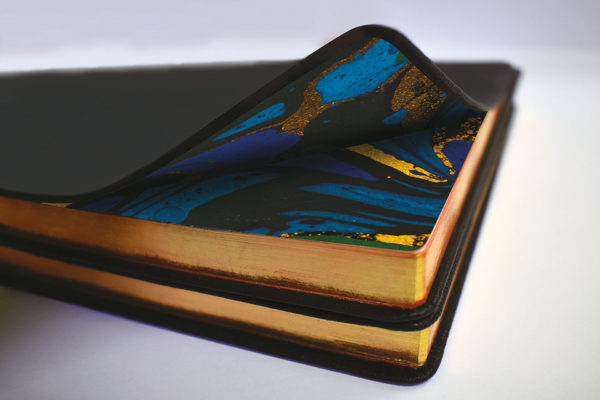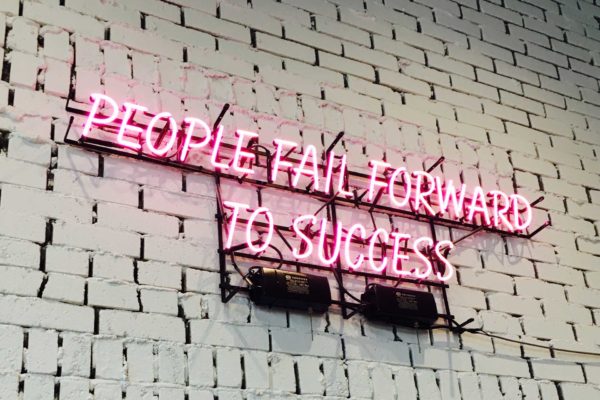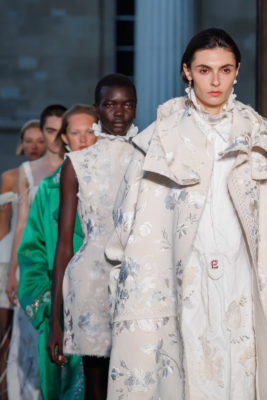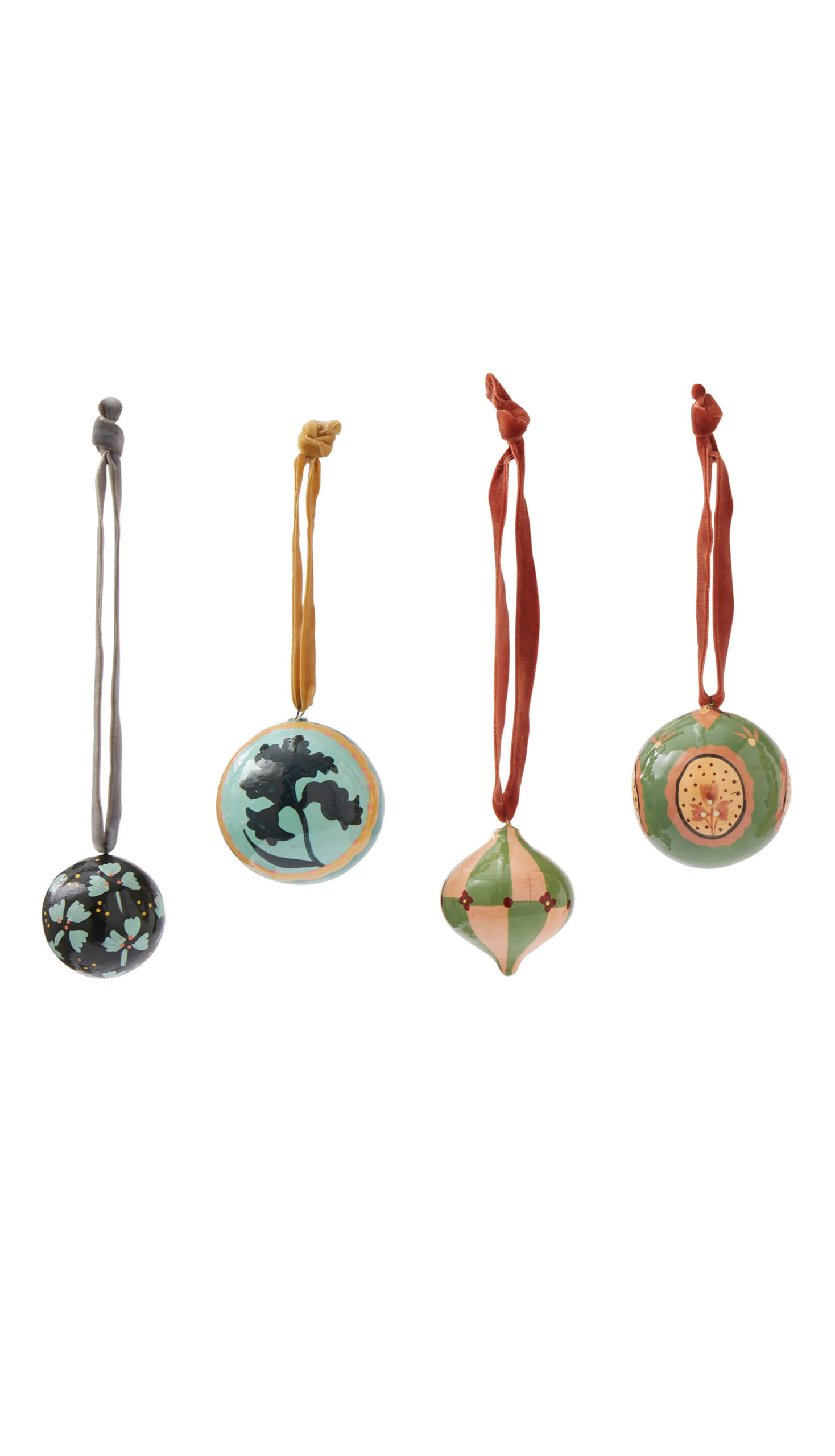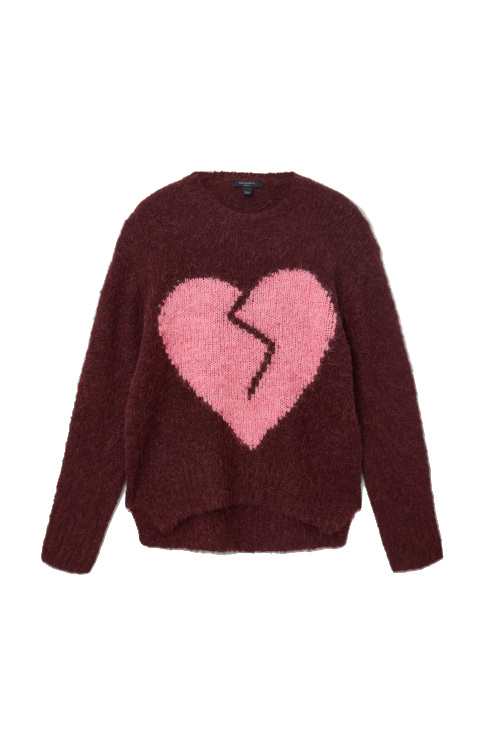Khashayar J Khabushani On His Novel, I Will Greet the Sun Again – Interview
By
2 years ago
I Will Greet the Sun Again by Khashayar J Khabushani is out now
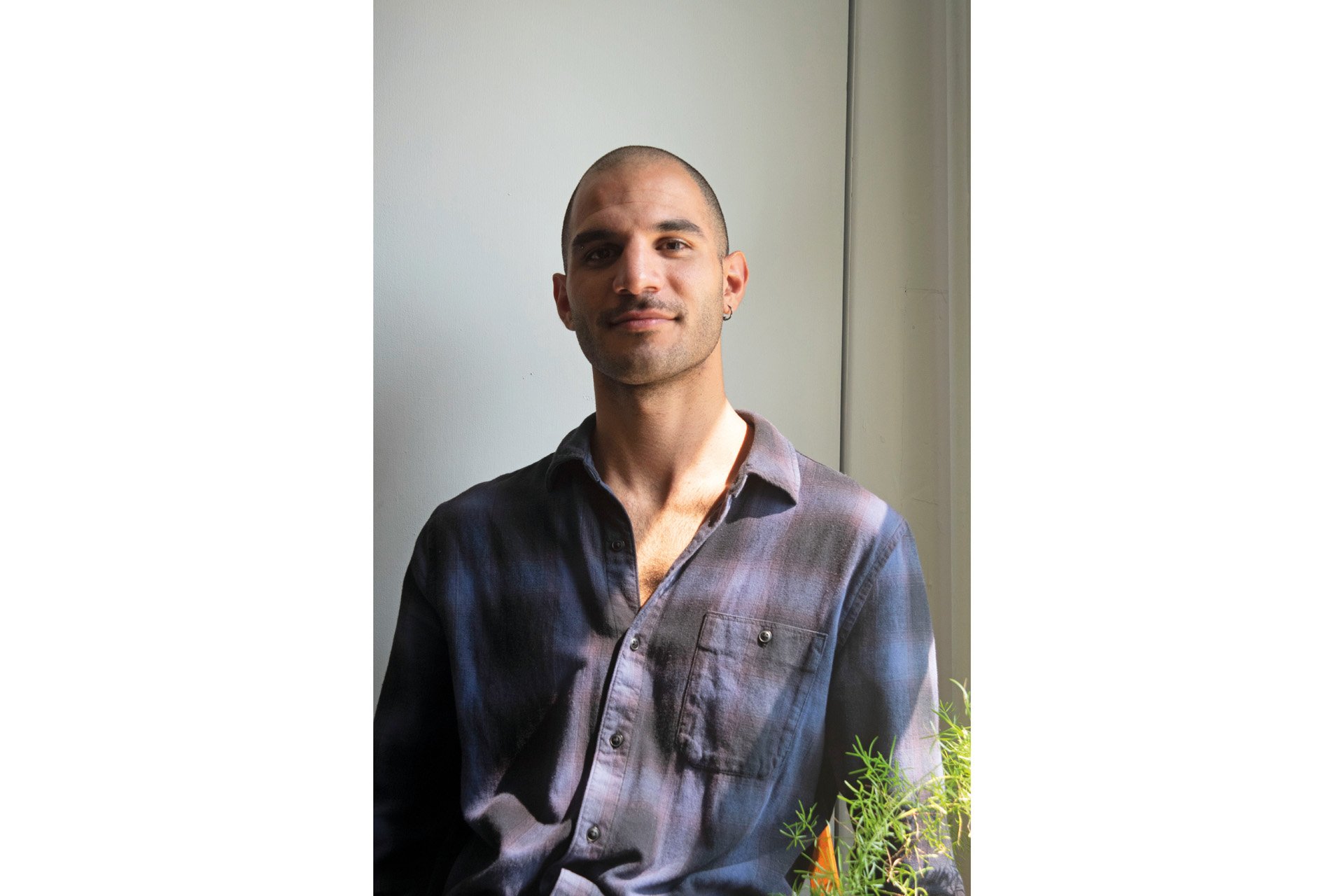
Belinda Bamber talks to Khashayar J Khabushani about Iran, fathers and forbidden love.
Interview: Khashayar J Khabushani

© Arianna Shooshani
The title of your debut novel, I Will Greet the Sun Again, is taken from a poem by Forugh Farrokhzad.
She is, in my eyes, the most important Iranian artist to ever live. Her work is a flaming torch for me that inspired the heart of the story, and K’s path to reclaiming his light.
K’s violent father, Baba, nearly extinguishes his youthful brightness. Who are the good fathers?
As a boy in LA I was in awe of the relationship between some friends and their fathers. I remember thinking, is this real – to play, laugh, explain and teach: to serve as a role model for others like me?
Does the warmth between the three brothers reflect your experience?
Part of the joy of writing this novel was imagining a sibling dynamic of warmth, admiration and closeness. For the most part, my mother, brothers and I were estranged: four strangers living under the same roof trying day to day simply to survive. Hardship can sever family bonds.
What hope is there for immigrant women like Maman, slaving to give their children a better life?
Ocean Vuong has brilliant insight into the way parents arrive in a foreign land and immediately seek to become invisible in response to violence, discrimination and racism. Through their children, the goal shifts to wanting to be seen, understood, celebrated. It’s a dream I hope can be shared rather than deferred to the next generation.
If Baba could start over, where should he begin?
With a pen. I’d want him to write about his personal traumas, inherited cultural expectations, displacement, war and the heartbreaks, betrayals and abuse he’s had to endure from an early age. To understand what has shaped him might prevent him causing similar harm to others. Language can change us, soothe us, save us. It can lead us to the truest, most honest version of ourselves.
For K, favouritism is a poisoned chalice. What’s your experience?
It’s a loaded term, isn’t it? I worked hard to be loved and valued when I was young, but then I’d sabotage it because I couldn’t shoulder the expectations of being a favourite. It made me want to disappear.
Did you channel the American dream like K – who wants tattoos, a Dodgers jersey and shades?
I’ve exceeded the tattoo requirement (ha!). For K, as a nine-year-old boy, the dream is to do with individuality and the possibility of freedom. I would add, and love. K’s secret love affair with Johnny is fleeting.
Will your next book embrace queer romance more fully?
ABSOLUTELY – I am so excited to write about romance that takes place proudly in the open, beneath the sun, among friends, accepted and built upon in community.
You show how it was for K to be an Americanised Muslim after 9/11.
I don’t think I’ll ever get over the shock, horror and hurt that ensued as an Iranian-American Muslim after the 9/11 attacks. Among my friends and peers, at school, in the classroom, in the community and at home, my life changed irrevocably. I’m still grieving the loss of those innocent friendships.
What intervention would you make in Iran?
Thinking about it, I feel grief and rage, so much fucking sorrow. Had my brothers and I remained in Iran as boys, our own lives could have been claimed. Bluntly, I often ask myself: what if there had never been Western coups? If I had a god-like power it’d be for the Iranian people – for the youth – to have their voice, with a democratic election.
Which writers centre you?
James Baldwin, Forugh, David Wojnarowicz, Lorraine Hansberry – whenever I need a surge of courage and beauty.
On your bookshelf?
John Edgar Wideman’s Brothers and Keepers, Azareen Van der Vliet Oloomi’s Savage Tongues, Stephanie Danler’s Sweetbitter, Doris Lessing’s The Golden Notebook, Claire Dederer’s Monsters, Christina Sharpe’s Ordinary Notes, Heidi Julavits’ Directions to Myself, Claire-Louise Bennett’s Checkout 19, Megan Fernandes’ Good Boys.
Ideal writing conditions?
I love to write during the stillness and quiet of the night. In front of my desk are large bay windows and I stare into the dark and foggy San Francisco sky and listen to music (right now it’s Philip Glass). In the brightness of the sun, I feel more aware of myself. In the night I’m less self-conscious and I think my writing becomes more playful, exciting, adventurous.
I Will Greet the Sun Again by Khashayar J Khabushani (Viking £14.99). penguin.co.uk

